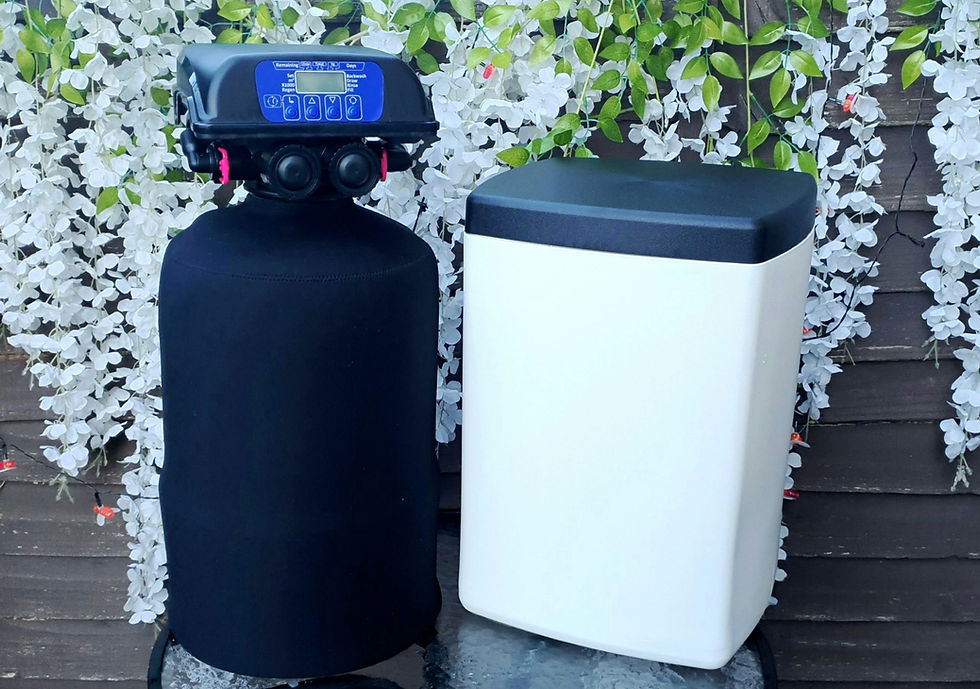Water Leakage from UK pipes rise to over 3 Billion liters a day
- Andy McPhilbin
- Mar 11, 2019
- 2 min read

Thames Water is the worst offender as it loses around 179 liters of water per property each day. The best is Southern Water which leaks less than 80 liters per property per day.
Overall leakage levels have increased by 1.2 per cent on the previous year and CCW said it was concerned that the industry’s efforts to reduce leakage have flatlined over the past five years, which could undermine campaigns to help and encourage consumers to use their tap water more efficiently.
In contrast, Dee Valley Water reported the biggest increase, up 14.1 per cent, followed by Essex and Suffolk Water (9.1 per cent), Cambridge Water (8.2 per cent), Portsmouth Water (7.6 per cent), Thames Water (5.4 per cent) and Bristol Water (5 per cent).
CCW said it supported new proposals by regulator Ofwat for companies to reduce leakage by at least 15 per cent between 2020 and 2025 and wants a longer-term strategy to drive down leakage levels even further.
Companies can achieve this through embracing new leak-detection technologies and more innovative ways of working, it said.
In 2015, researchers from Nottingham Trent University demonstrated that drones equipped with infrared cameras could be used to detect leaks in water pipe systems.

Meanwhile, the average person still used 141 litres per day in 2016/17, up almost 1 per cent on the previous year.
CCW chief executive Tony Smith said: “Consumers view leakage as a dreadful waste and it can drain their own motivation to save water.
“Some water companies need to show much more ambition in tackling leaks, otherwise all of our efforts to encourage consumers to use water more wisely will fall on deaf ears.”
A spokesman for Water UK, which represents water companies, said: “Leakage is an important issue, which is why water companies spend millions of pounds each year, which has helped to cut leaks by a third since the mid-1990s, and most companies are still beating their targets.
“We’ve had some major successes in combating leakage over the years and at the same time we know that people want to do the right thing and use water wisely to help the environment.
“We all need to work together in different ways to reduce the pressure on water supplies and that’s what water companies are doing every day.”
London’s Victorian sewers have stood the test of time, but with pollution rising in the Thames, a new super-sewer is set to transform the ecology of the river. E&T recently went underground to find out more about the Thames Tideway Tunnel.
TEXT CREDIT: By Jack Loughran




Comments